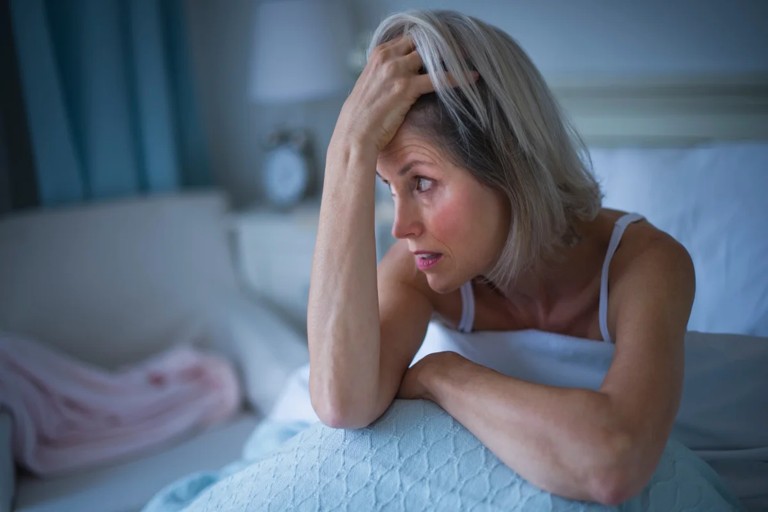Lifestyle & Wellbeing
Britain’s Sleep Crisis: Experts Warn of Worsening Work-Life Imbalance
Health specialists across the UK are warning of chronic sleep deprivation trends linked to hybrid work habits and constant digital connectivity.
By Henry Adams | 04 October 2025, 09:28

Sleep specialists across the UK are raising alarms about a growing national sleep crisis, with new research indicating that Britons are sleeping less than ever before. Experts link the trend to increased work demands, digital distractions, and the blurring of boundaries between home and office caused by hybrid working models.
According to a recent report from the Sleep Research Centre at the University of Surrey, adults in the UK are averaging just 6 hours and 17 minutes of sleep per night — well below the NHS-recommended 7 to 9 hours. Nearly 40% of respondents in the study reported experiencing chronic insomnia symptoms at least once a week.
The shift to hybrid and remote work has created unintended consequences. While many value the flexibility, researchers say that constant digital engagement, irregular hours, and the absence of a structured commute are disrupting sleep patterns and circadian rhythms for millions of people.
“We’re seeing a form of digital jet lag,” says Dr. Marianne Field, a behavioural sleep specialist. “People check work emails in bed, use phones late into the night, and no longer have clear separation between ‘work mode’ and ‘rest mode.’ The result is fragmented sleep and mounting fatigue.”
The consequences go beyond grogginess. Poor sleep is associated with a range of health risks, including weakened immune function, cardiovascular issues, and impaired cognitive performance. In the workplace, sleep-deprived employees are more likely to report lower productivity, mood swings, and burnout.
Employers are beginning to take notice. Some UK firms are introducing wellness initiatives aimed at improving sleep hygiene, such as 'digital sunset' policies that limit after-hours communication and optional afternoon rest pods in co-working spaces. These measures aim to normalise rest as part of professional wellbeing.
Meanwhile, consumer interest in sleep tech has surged. From wearable sleep trackers to smart mattresses and blue light filters, Britons are investing in tools to monitor and optimise their rest. The market for sleep-related apps and devices in the UK is projected to reach £450 million by 2026.
Mental health professionals stress that technology alone is not enough. “The core issue is behavioural,” explains therapist Alastair Crowley. “If people don’t prioritise sleep with boundaries and routines, no gadget will fix it. Sleep is a biological need, not a luxury.”
The NHS has launched a series of public health campaigns aimed at raising awareness of good sleep practices. Recommendations include establishing consistent bedtimes, avoiding caffeine late in the day, and creating screen-free zones in the home — particularly in bedrooms.
As public understanding of sleep’s role in health deepens, advocates hope the UK will adopt a more balanced cultural attitude toward rest. “We glorify being busy,” says Dr. Field, “but that mindset is costing us more than we realise. Sleep isn’t optional. It’s foundational.”